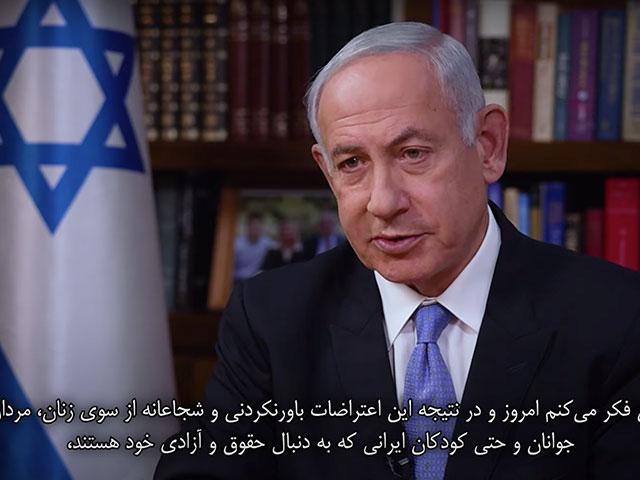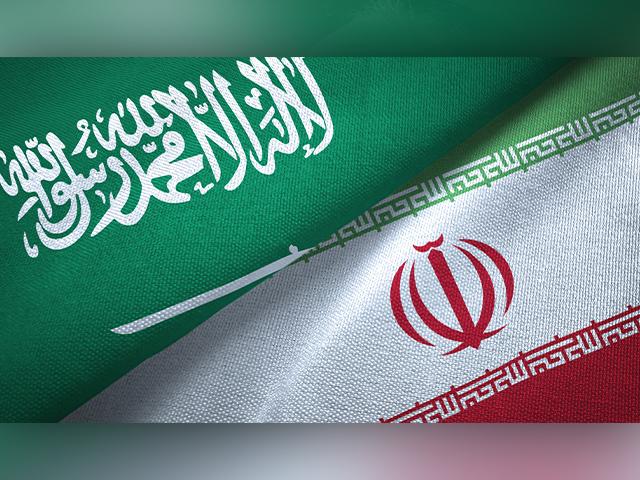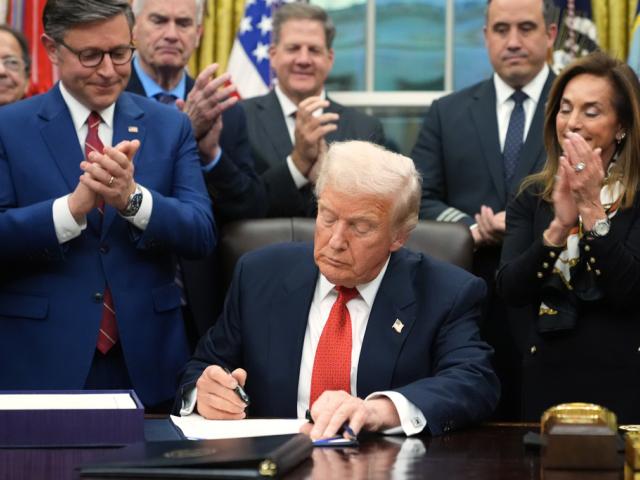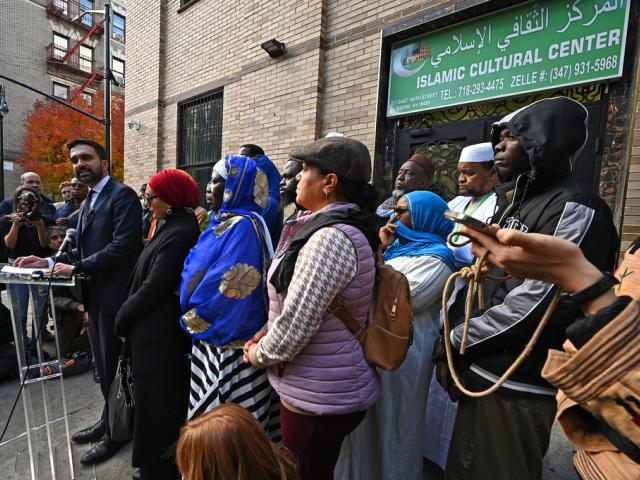JERUSALEM, Israel – China's announcement Friday that Beijing had brokered an agreement between Saudi Arabia and Iran to restore diplomatic relations sent shock waves throughout the region and all the way to Washington, D.C.
After more than a year of meetings and four days of negotiations between Iran and Saudia Arabia, China said the three nations had reached an agreement.
The deal includes the resumption of diplomatic relations, reopening embassies in Tehran and Riyadh within two months, and a commitment to respect each other's sovereignty, keeping out of their internal affairs.
Many Middle East observers are questioning China’s role in brokering the deal.

John Hanna, with the Jewish Institute for National Security Affairs (JINSA), told CBN News, "The new and deeply concerning factor here is the Chinese role in all of this. To suddenly find – kind of as a surprise – that our new great power competitor, a primary threat to the American-led world order, China, was so central to this deal, that not only involves our worst enemy in the Middle East (Iran), but bringing them together with one of our oldest Arab friends and allies and partners in the region, Saudi Arabia – is a new and worrisome development about China's own penetration and influence in this critical part of the world."
Jason Greenblatt, one of the architects of the Abraham Accords, says it reveals China's growing influence and America's waning power in the region and should be a wake-up call to the Biden Administration.
“The United States essentially has ceded important ground, an important area for US stability and security to China to some degree," Greenblatt told CBN News. "That’s not good for the United States. I think the United States ought to pay attention. I don’t know if the Biden Administration was caught flat-footed, it's hard to tell. But they ought to pay much closer attention now and work with the region, and in particular, Saudi Arabia, to be a part of it and not pivot away from it.”
Hannah recently visited Saudi Arabia and met with its top leaders. He said the Saudis are hedging their bets because the relationship with the U.S. is not as strong as it once was.
“If the Saudis had their druthers, the relationship with the United States would be strong, secure," Hannah explained. "They’d have enormous trust and confidence in it. Unfortunately, all of that has eroded drastically over the past two years. That’s the message we heard when we were in Riyadh. They made clear to us they were going to engage in all kinds of hedging behavior in terms of how they compensate for that loss of confidence in that security role of the United States.”
We asked Greenblatt what the Beijing deal means for Israel
“I think Israel needs to take a very, very close watch at this. Them too, I don’t know if they were caught flat-footed here, but I think that rather than blame within Israel whose fault this is, I think they need to look forward and figure out how do they protect Israel and how do they protect Israel into the security architecture of the Middle East," Greenblatt replied.
Despite this deal, Greenblatt remains bullish on the Abraham Accords and believes it's still possible that Saudi Arabia could sign on to the accords.
“I am still very optimistic. As I mentioned, I travel there a lot and with each passing trip I’m just sort of amazed at what’s happening on the ground. What’s happening on the ground in particular in Saudi Arabia, so I’m very, very optimistic," Greenblatt said.
He added, "And I think we can look to the U.A.E. (United Arab Emirates) to understand a country that has recognized a way to be close to Israel, develop strong ties with Israel. To do significant business and have security cooperation with Israel while being realistic, and realize that Iran is also part of the region and they can have ties with Iran while at the same time as having ties with Israel.”
Just a few days into the agreement, many questions still remain about its impact on the region, from the possibility of a military strike by Israel against Iran, to the proxy war in Yemen between Tehran and the Saudis.
***Please sign up for CBN Newsletters and download the CBN News app to ensure you keep receiving the latest news.*
Did you know?
God is everywhere—even in the news. That’s why we view every news story through the lens of faith. We are committed to delivering quality independent Christian journalism you can trust. But it takes a lot of hard work, time, and money to do what we do. Help us continue to be a voice for truth in the media by supporting CBN News for as little as $1.










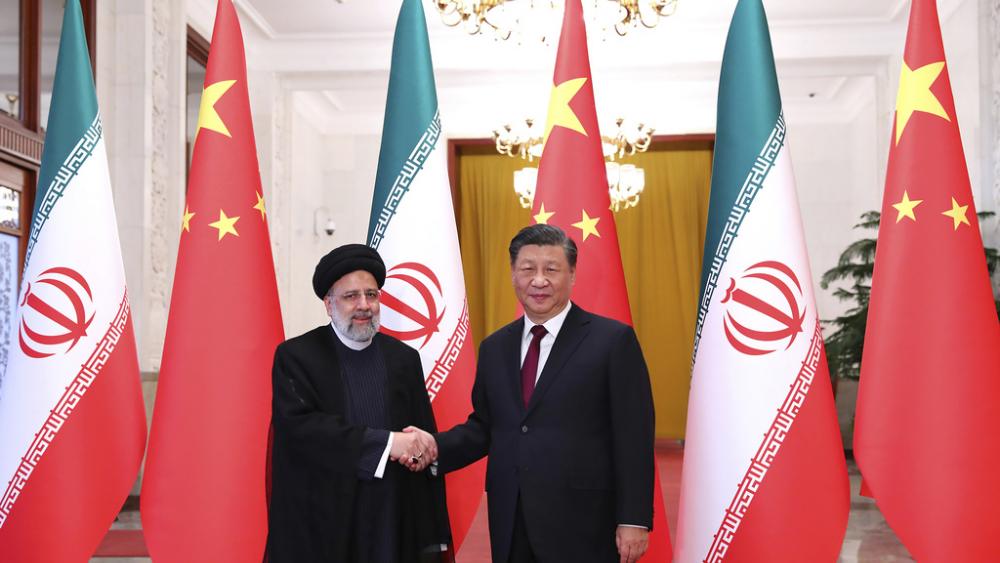
 Support CBN News
Support CBN News



